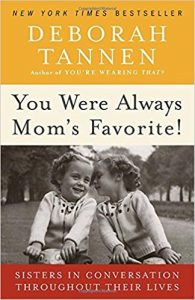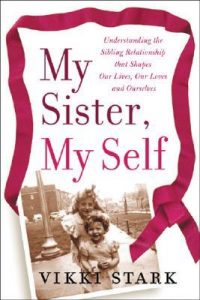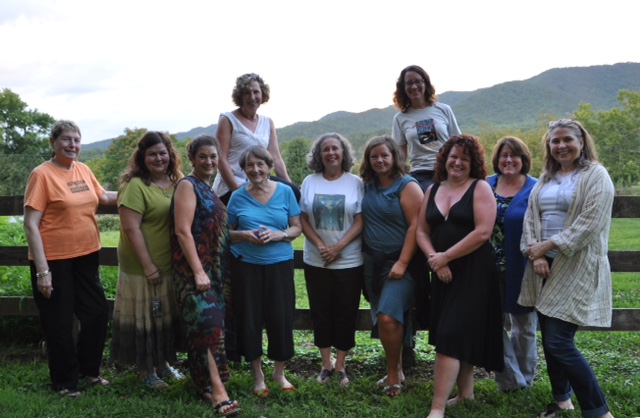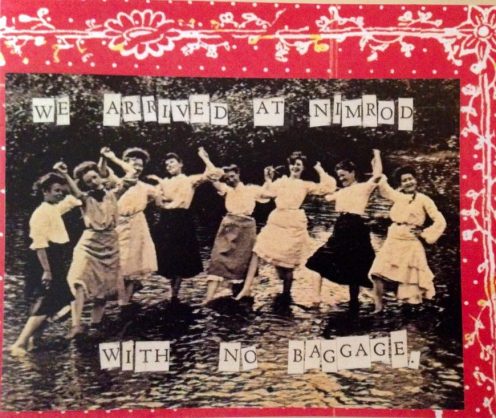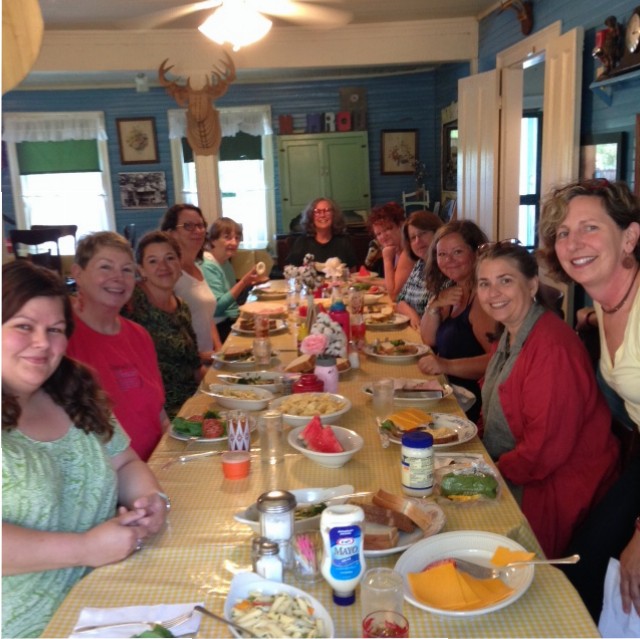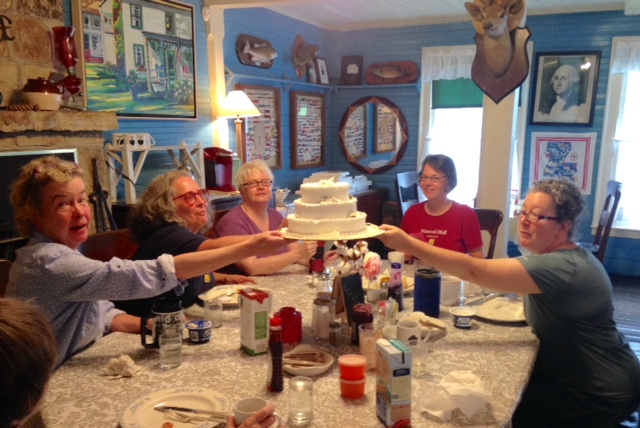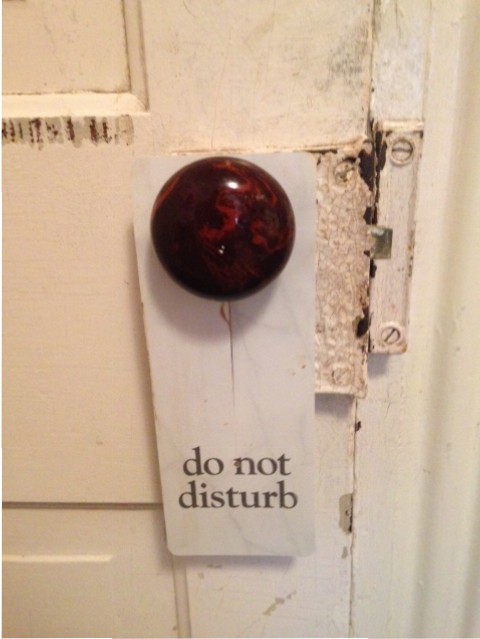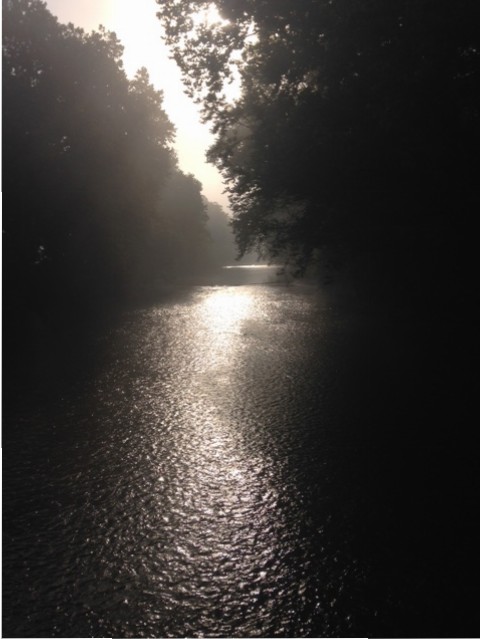You think you’re literate?
So did I until I delved into
Vegetable Literacy by Deborah Madison. She’s a long-standing advocate of buying local and cooking seasonal produce. Although I bought the book in 2014, and have cooked from it since then, I only recently started
reading it.
If you are interested in botany, gardening, cooking and/or eating, this book’s for you!
The twelve chapters, each devoted to one vegetable family, includes essays, photos, and recipes. Just reading the chapter headings is an education—at least, it was for me.
Chapter One: The Carrot Family. I once felt rather smug, knowing that Queen Anne’s lace is related to carrots. Ha! In this 43-page chapter, Madison introduces the rest of the family: angelica, anise, asafetida, caraway, celery, celery root, chervil, cilantro and coriander, cumin, dill, fennel, hemlock, lovage, osha, parsley, parsley root, parsnips, and wild carrot. Although I’ve grown dill and parsley for decades, I never tumbled to the relationship.
In Chapter Two: The Mint Family, I learned that most staples of my herb garden are relatives: basil, lavender, marjoram, mint, oregano, rosemary, sage, and thyme.
Thyme, sage, rosemary, oregano, and mint are all perennial for me. The problem with mint is that it won’t stay potted! It’s been known to actually cross the patio.
Thanks to this chapter, I now know that anise hyssop, bee balm, catmint, chia seeds, horehound, lemon balm, perilla, and savory are in this family as well. Unfortunately, my hyssop isn’t anise hyssop. Only bees want to sample it.
I won’t go in depth with chapter contents, for that wouldn’t do the book justice. I’ll just mention selections. Chapter Three: The Sunflower Family, surprised me by including lettuces and tarragon. The Knotweed Family includes a favorite from childhood, rhubarb. The Cabbage Family includes kale, mustard, radishes, and turnips. Tuscan Kale with Anchovy-Garlic Dressing is a recent favorite.
By Chapter Six: The Nightshade Family, I stopped being surprised that eggplants, tomatoes, potatoes, and tobacco might turn up together—along with miscellaneous other relatives. Chapter Seven (The Goosefoot and Amaranth Families) deals with edible weeds, leaves, and seeds.
Chapter Eight includes the recipes for chives, onions, asparagus, leeks, shallots, etc. Of course there are chapters on squashes, melons, and gourds—which includes cucumbers; grains and cereals (e.g., barley, wild rice, millet, etc.); and legumes (all sorts of beans and peas).
Chapter 12 is the last—shortest—chapter, on The Morning Glory Family. It’s shortest because the only edible member is the sweet potato.
I LOVE THIS SORT OF INFORMATION! Yes, I could get the botanicals elsewhere. But, as cookbook author Davis Tanis said, “Filled with fascinating botanical notes and inspired recipes that really explore vegetables from the the ground up—it is a pleasure to read.The writing is beautiful and the lessons are astutely down to earth.”

